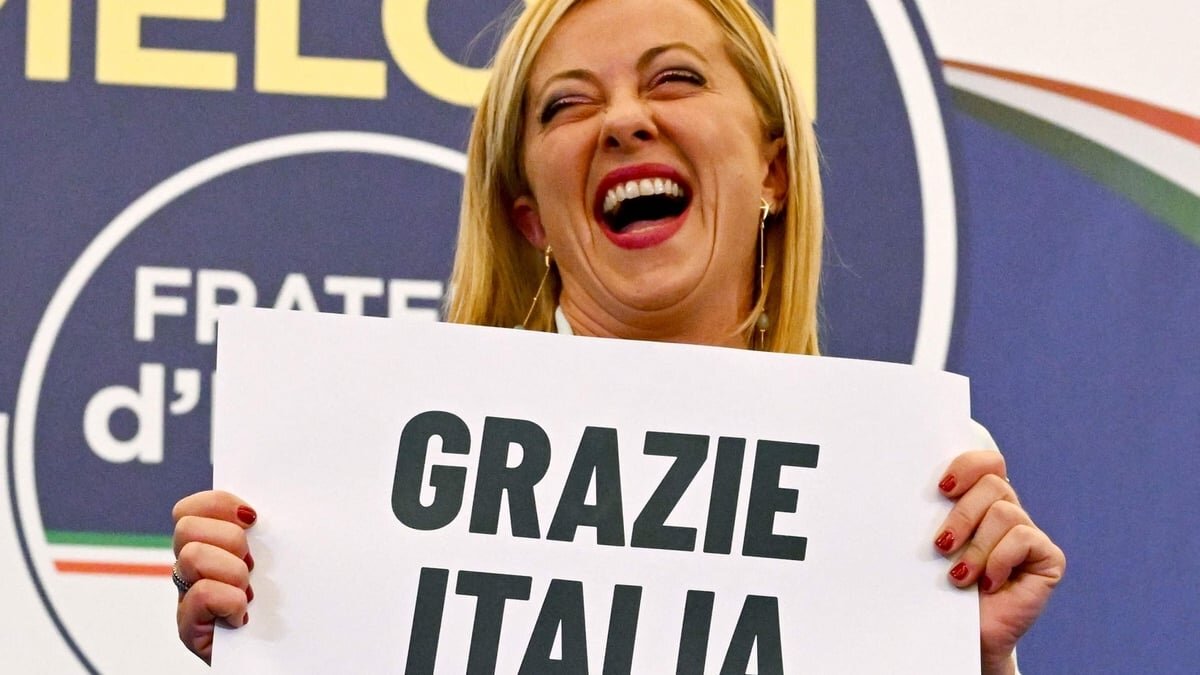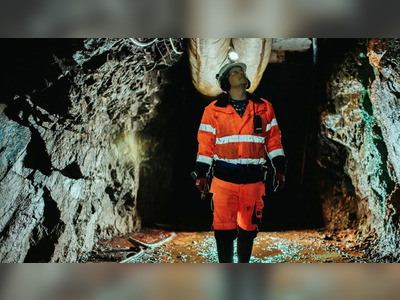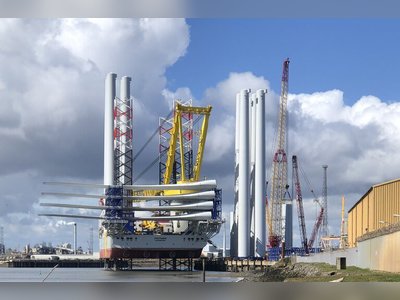
Meloni’s Party Retains Marche, Reinforcing Right-Wing Hold in Traditional Left Heartland
In a key electoral test, Italy’s Prime Minister Giorgia Meloni has secured a political lift after her Brothers of Italy party retained control of the Marche region, a territory long aligned with centre-left forces. Incumbent governor Francesco Acquaroli, a close ally of Meloni, won re-election with just over 50 percent of votes, defeating his centre-left rival Matteo Ricci, who secured approximately forty-five percent.
This outcome is widely regarded as a barometer of public sentiment ahead of the 2027 general election: the right-wing coalition, which includes Brothers of Italy, the League and Forza Italia, now governs fourteen of Italy’s twenty regions. Marche had previously been a competitive, if not left-leaning, region, making the result especially meaningful.
Meloni marked the victory as evidence that her appeal extends beyond urban strongholds, writing on social media that Acquaroli “has worked tirelessly for his region and its citizens” and pledging that the same dedication will continue. Brothers of Italy emerged as the most popular party in Marche with an estimated twenty-four percent share, ahead of the Democratic Party at about twenty percent. The region saw lower turnout—near fifty percent, down from fifty-nine point seven percent in the prior election cycle.
The opposition alliance backing Ricci included the Democratic Party and the Five Star Movement, but internal divisions and voter distrust were seen as undermining cohesion. Some analysts argue that this fragmentation helped Meloni’s bloc maintain dominance among working-class and provincial constituencies in the region.
Marche’s economy, centred on manufacturing, leather goods, high-end paper, and home appliances, also appears to have responded to campaign promises of closer coordination with Rome and streamlined governance. Observers suggest voters opted for stability over change amid ongoing concerns over inflation, public services and rural depopulation.
Meloni’s triumph in Marche follows recent regional setbacks for her coalition in Umbria and Emilia-Romagna in 2024, when the centre-left staged comebacks. But the present result may give momentum to her incumbency and reshape opposition strategy. With further regional elections looming — including in Calabria and Tuscany — this latest win may prove decisive in shaping the narrative for next year’s national contest.
While the rebound in Marche does not guarantee a national landslide, it strengthens Meloni’s leverage within the centre-right bloc and underscores her appeal in areas once considered part of Italy’s “red belt.”










